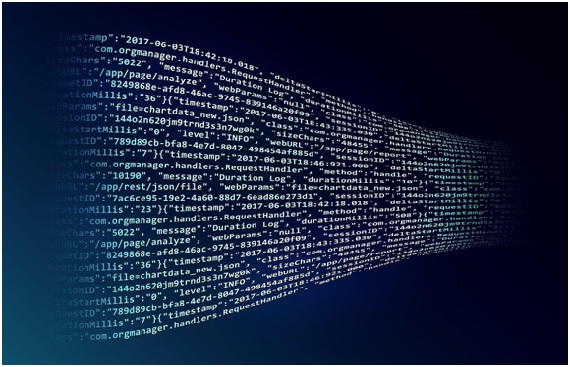Malware: A Silent Threat To Your Online Security

The silent but dangerous threat to your internet security comprises malware. This phrase has previously been used to refer to viruses, worms, and other harmful software products that can infiltrate your device and steal your private details.
Why Malware Is A Silent But Serious Threat To Your Online Security
But what is the infection clearly? Why must you worry about it, then? The Global Resilience Database defines adware as "any code able to interface with or destroy PCs, electronic equipment, or data," explicitly and entirely.
Malicious actors can employ infection to grab your confidential info, lock your files, or demand a ransom in exchange for things. It can also be used to propagate itself to anyone who visits your website or views an infected computer, as well as other machines on your network.
How Malware Can be Dangerous
Malware is an expensive and hazardous silent threat. Before visitors start looking for alternatives, it's critical to comprehend how malware affects your company's bottom line.
Any software known as malware tracks or takes control of your computer in an effort to steal personal information, gather online payments or conduct unwanted transactions in an effort to harm the victim's reputation or generate money.
When trying to find and remove malware, it can be very challenging, especially if you don't know how to look for it. Even worse, if you don't stop it, it can quickly spread throughout your networks and wreak irreversible harm.
Malware Is Everywhere
Malware is a general word for harmful software, which can be used to communicate and connect, steal data, and shut them down.
Malware that could also corrupt your pc and spread to many other systems is known as a virus. When you open an email that contains a virus, your disease will start to multiply on your computer. If you're looking for the best antivirus for laptops, you should check the internet. There you will find plenty of antivirus software that can keep your laptop safe and secure from their infection threat.
Note: Always install quality antivirus softwares from authentic websites to avoid any hacking activities.
There Are Many Different Types Of Malware
Malware comes in a wide variety of forms, including viruses, worms, trojan horses, and adware.
Viruses:
These programs are frequently disseminated via emails or malicious websites. They might harm the operating system and files on your computer (OS).
Worms:
A worm is a sort of attack that replicates itself on many other computers over a network via shares after transferring itself onto portable media, such as CDs or USB drives and spreading one to another. Because anyone with access might possibly infect her own network at any given time without their knowledge until after the fact, this makes it extraordinarily difficult for IT personnel to contain.
Trojans:
A type of malware known as a Trojan can be used to collect personal information while disguising itself as something attractive or useful. Adware is a form of malware that is frequently downloaded using the internet along with other programs.
You can Take Steps To Protect Yourself From Malware
You can take a number of precautions to safeguard yourself from malware, including:
- Employ a reliable antivirus application.
- As soon as software updates are available, install them.
- Open strange email documents with caution, even if the writer seems reliable. You shouldn't open any attachments that seem dubious to you, and you shouldn't click on any links in that communication or indeed any emails out of that sender until at least one trustworthy source has confirmed their legitimacy (for example, by asking for your permission before running JavaScript code).
Use different passwords for each site and change them frequently to prevent hackers from gaining access through all the login reuse attacks. Never share your passcode with anyone until it is absolutely essential (in which hackers try different combinations of letters in order to guess what your real password is). Do not retain any personal info, also including bank or credit account information; rather, use 2 verification.
Conclusion
Remember that malware is also a very real hazard the next time visitors are online. The most effective strategy to keep your computer secure is to keep it updated with the most recent security automatic updates, stay away from dubious websites, and practice excellent computer hygiene.
Read More News :
How Business World Can Cooperate For Better Transport
PM inaugurates satellite centre of All India Institute of Ayurveda in Goa



